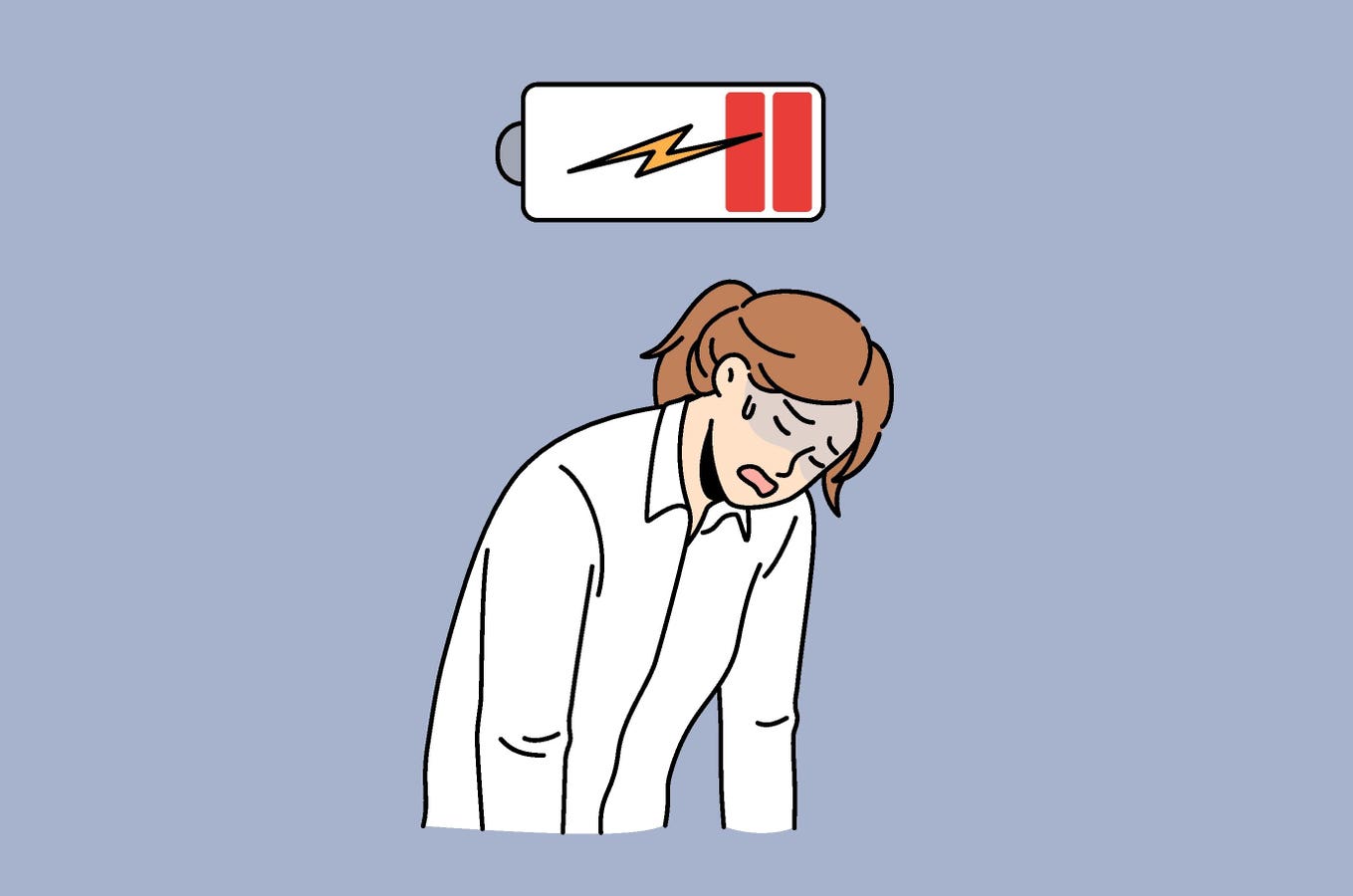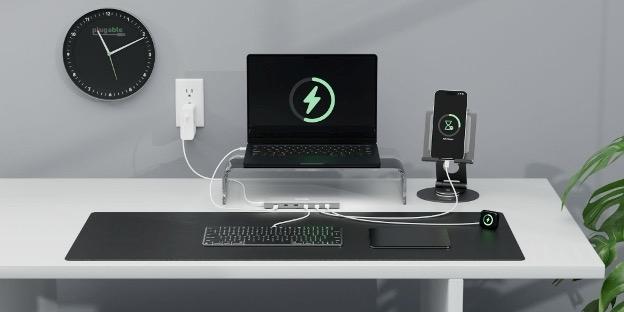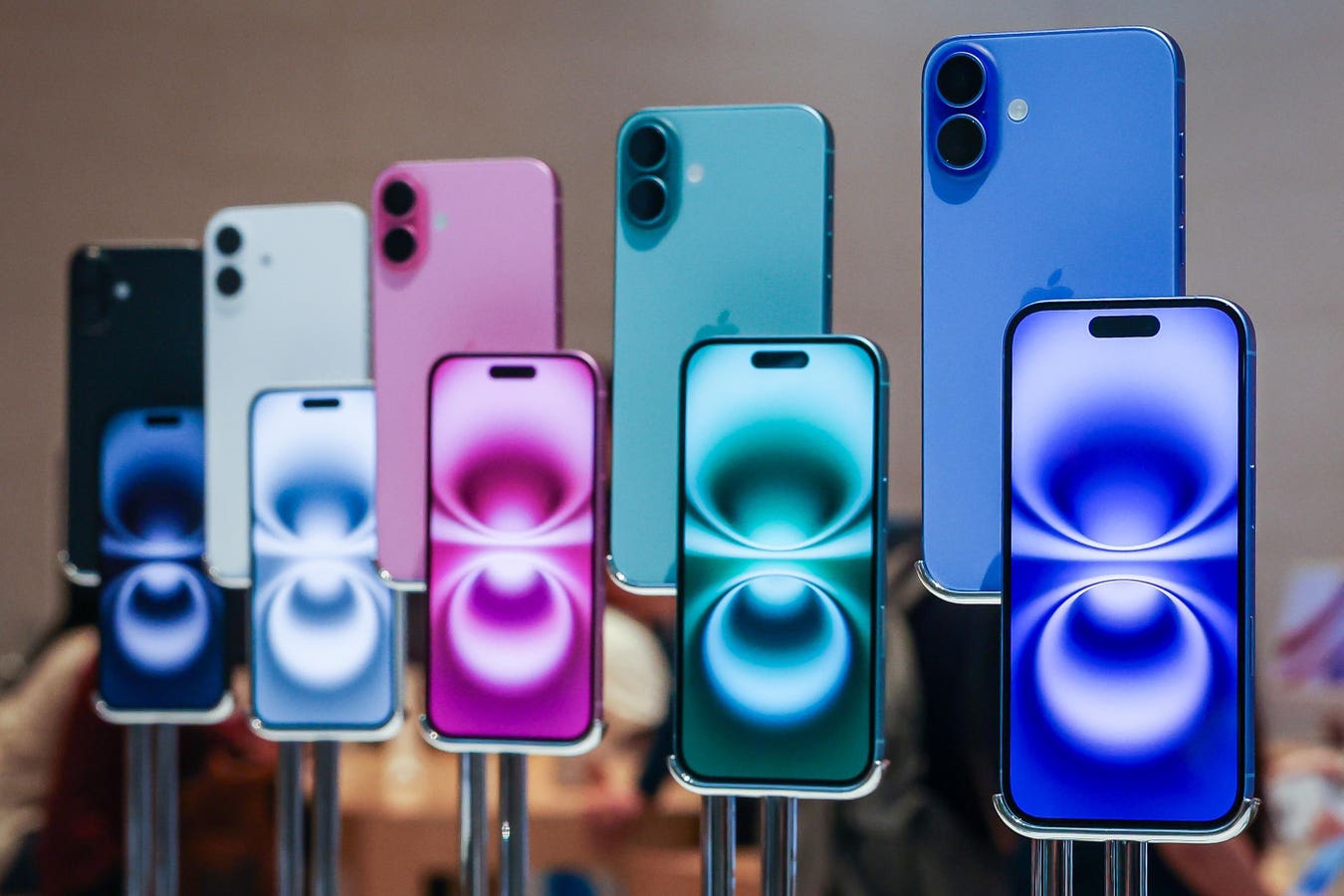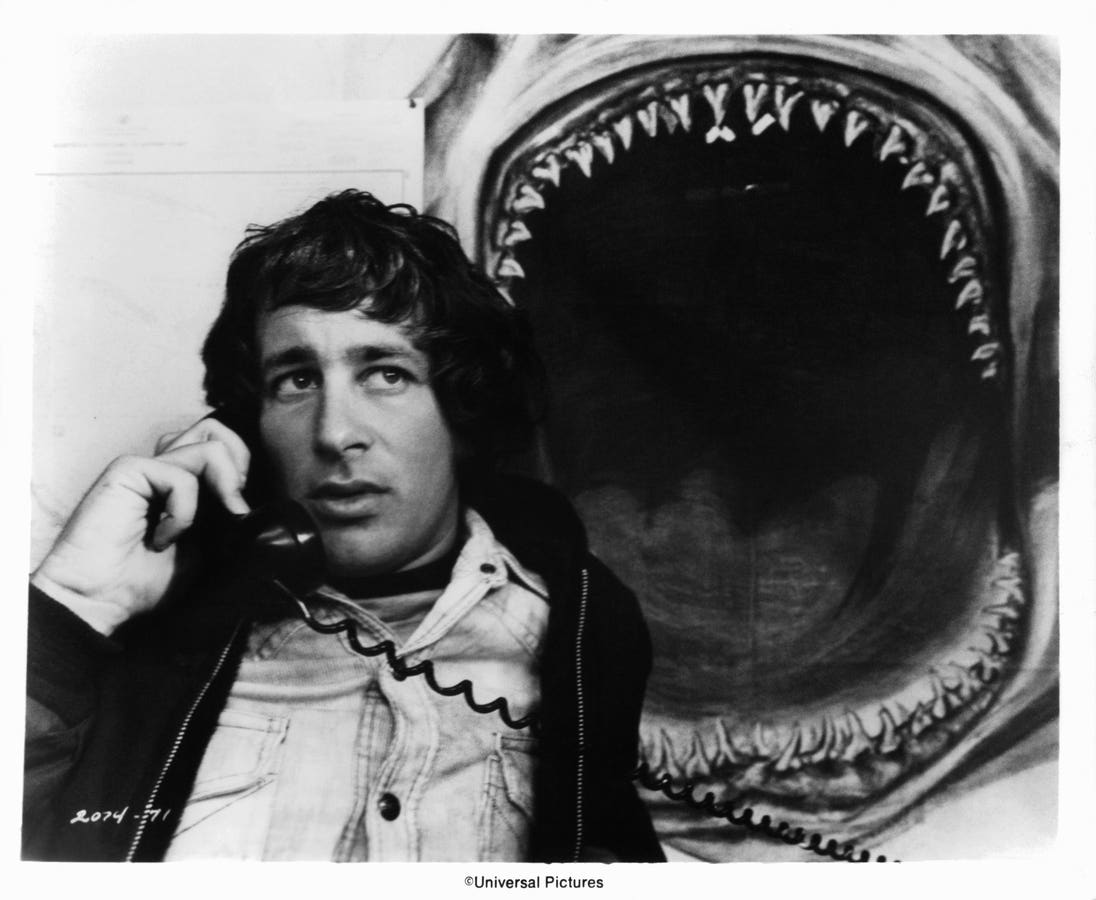Not all burnout comes from overworking. Sometimes, it can come from the habits you think are … More
When you think of burnout, you might imagine long hours, constant deadlines or being mentally overloaded from doing too much. While that’s often true, burnout doesn’t always stem from obvious stressors.
Sometimes, it’s small, everyday habits running on autopilot that can gradually drain your energy. They may seem harmless at first, but can be quite counterproductive.
Our actions can either energize us or deplete precious mental resources. Choosing even one helpful habit can create a ripple effect of other good habits that boost your well-being.
However, unhealthy habits can similarly spiral into more disconnection, distraction or fatigue, often without you realizing it. They can be challenging to recognize, especially when they’re a natural part of your day-to-day. It also doesn’t help that some of these habits may be reinforced by your own environment or social circle, which can easily make them feel normal or even necessary.
Here are three common habits that might be draining your energy without you noticing.
1. Scattered Attention
With a myriad of notifications, to-do lists and open tabs, you may notice that you’re never really doing one thing.
You might find yourself switching between multiple apps, watching something as you eat, texting while you also try to make conversation with people around you and other such instances where you’re not fully present in one activity, but trying to accomplish several things at once. This can easily pull you out of the present moment.
While this might feel productive, research suggests otherwise. A study published in Developmental Review explored the developing brain in a multitasking context.
Researchers found that people who engage heavily in media multitasking often perform poorly on attention tasks, despite believing they are good at multitasking.
Researchers believe this may be linked to sensation seeking, a trait associated with both media multitasking and a reduced ability to filter distractions. There’s also evidence of genetic links between sensation seeking and executive attention. The executive attention system, which enables goal-directed focus and emotional regulation, can be compromised, especially in individuals who frequently engage in multitasking.
While the authors do mention that training methods like meditation or attention-based exercises can help rebuild focus, they also warn that heavy reliance on rapid and fragmented media consumption may reduce our capacity to stay present and achieve sustained goals.
So, while you may feel driven to achieve everything all at once, there is a hidden cost. Constantly switching between tasks can dilute your attention, which can leave each one only half-done, causing your energy to drain more than you might realize or admit.
Real power lies in intentional focus. Giving your complete attention to one task at a time will help you improve performance and strengthen your ability to stay present in the moment.
2. Decision Fatigue From Trivial Choices
Another draining habit you might unconsciously be engaging are the countless micro-decisions you make in a day. In trying to achieve the best possible outcome every time, we often waste precious mental resources on relatively trivial matters.
For instance, figuring out what to wear in the morning, endlessly scrolling through food delivery options or even spending five or more minutes on choosing which playlist to listen to while working. These seemingly small choices can collectively use up a lot of mental energy that could have been reserved for more personally meaningful tasks.
These decisions can pile up and lead to what researchers call decision fatigue, a psychological state where your ability to make decisions gets worn down as the day progresses.
Research published in the Journal of Health Psychology shows that every decision, no matter how small, draws on a limited pool of mental resources. Researchers conducted a concept analysis by reviewing literature across seven major research databases.
Studies have found that decision fatigue can impair attention, self-control and judgment. This has been observed across various settings, from judges giving less favorable rulings later in the day to professionals like nurses and air traffic controllers showing reduced cognitive sharpness when mentally depleted.
The analysis confirms that decision fatigue reduces self-control and cognitive capacity, causing behavioral lapses combined with impaired reasoning. This explains why trivial choices, like what to wear or eat and many more throughout your day can leave you mentally exhausted before tackling important tasks.
This also highlights why automating or simplifying trivial decisions can help preserve your mental energy for what truly matters.
One way to remedy this would be to set aside a specific time, say a Sunday evening, to make grouped decisions all at once. For example, plan your outfits for the week, choose your meals in advance or create themed playlists ahead of time.
By batching these decisions, you can reduce the number of choices you face later and conserve mental energy for more important or creative tasks. This habit not only eases cognitive load but also encourages greater focus and productivity throughout your day.
3. Performing Wellness
It’s common for people to mistake busy wellness routines for genuine self-care. Many people meditate, journal or “eat clean” only because it looks good or to tick a box on their list. This can often happen unconsciously.
It doesn’t help that social media reinforces this idea by showcasing polished and picture-perfect wellness habits, making it easier to prioritize appearance over authenticity.
This approach becomes problematic because it may lead you to focus more on external validation than on your true mental and emotional needs.
If self-care has turned into an obligation in your routine and gives you more stress instead of relaxation, you might be trapped in the idea of performing wellness rather than engaging in wellness routines that work for you and are catered to your routine.
One example of this is the pressure to follow complicated skincare routines just because they are trending or look impressive, even when they may not suit your actual needs or schedule.
Popular self-care culture further pushes the idea that you always need to be “doing something” for yourself, such as hiking, yoga or meditation. While these are positive habits, the constant push to engage in them can create unnecessary pressure, making you feel like you’re falling short.
It’s important to understand that what looks like self-care to you may not be the same for another person. It’s okay to skip a yoga session when you’re tired or take a break from journaling if it doesn’t feel helpful at the time. The idea is not to chase an idealized routine but to truly support your well-being.
The way you choose to spend your energy can be a deciding factor in how you show up in the areas that matter most in your life. By becoming aware of such everyday habits that go unnoticed and recognizing their impact, you can begin making small but intentional shifts.
This will help you reclaim your focus and emotional bandwidth. Wellness is not about doing more, but rather about doing what truly supports you and being conscious of where your energy flows.
Are you truly present in your everyday life or is multitasking costing you more than you think? Take this science-backed test to find out: Mindful Attention Awareness Scale








